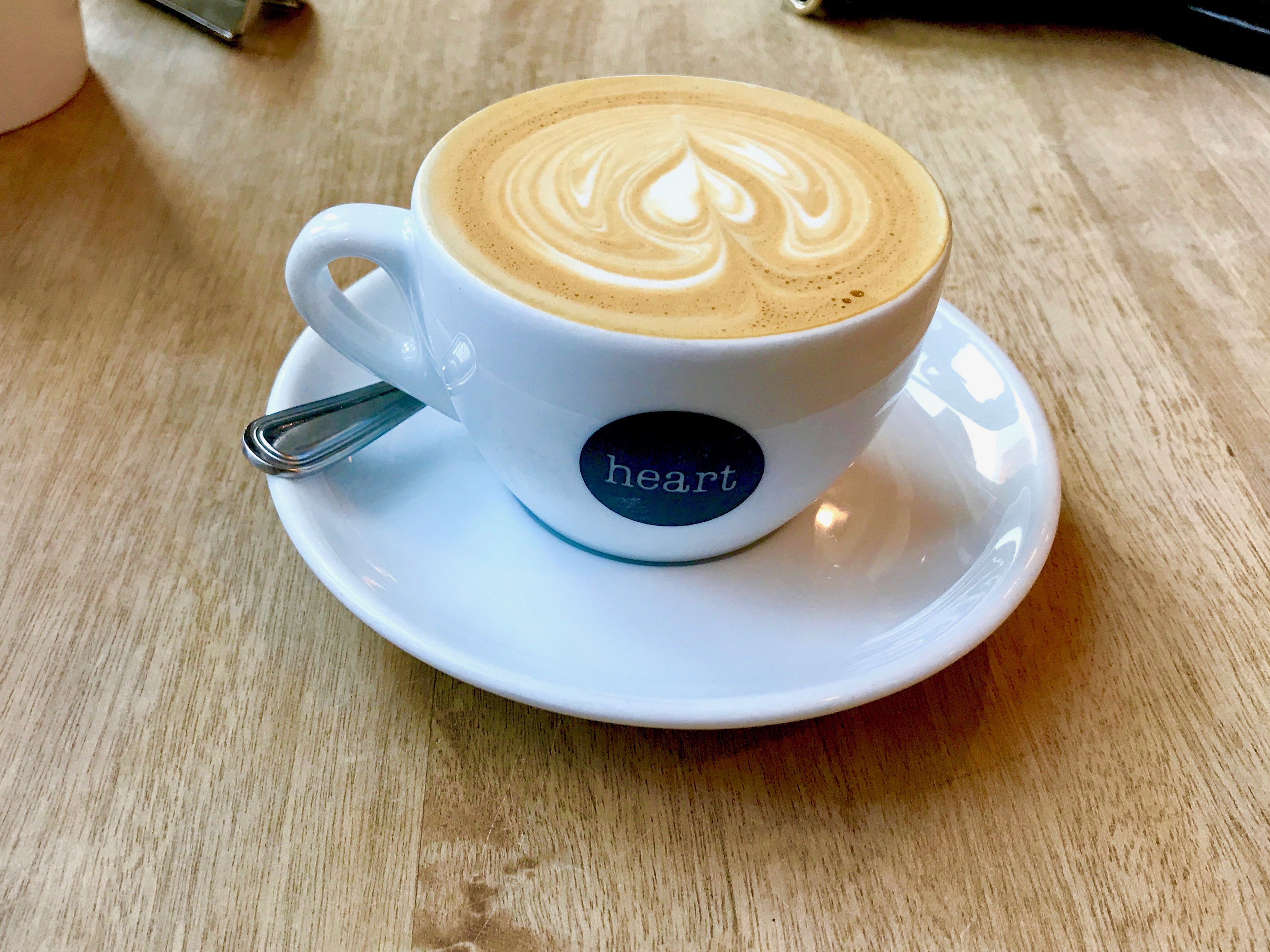Is Coffee Healthy?
Coffee is one of the most consumed beverages worldwide – water coming in first. People love the aroma and taste, but also the boost in alertness and concentration (making it a morning must-have for many). In its natural form, coffee has several chemical components that may provide both beneficial and adverse health effects, including antioxidants and caffeine.

In reality, the chemical composition of coffee varies widely. The components used by the body are affected by environmental and processing conditions as well as roasting, grinding and brewing.
The research on the health benefits associated with coffee consumption is mostly observational. This type of research relies on subject recall and self-reporting, which can be unreliable. Interventional research, specifically randomized controlled trials, are needed to fully understand all coffee’s potential to affect health outcomes.
What we know:
Drinking coffee is more often associated with benefit than harm. The greatest benefits are seen from regular consumption of three to four cups a day. However, there are positive associations across all levels of intake.
Coffee consumption is associated with a reduction in risk for:
- Liver conditions including hepatic fibrosis, cirrhosis and chronic liver disease
- Mortality from all causes of cardiovascular disease, coronary heart disease and stroke
- Certain cancers including prostate, endometrial, liver, melanoma and non-melanoma skin cancer
- Metabolic conditions like type 2 diabetes and metabolic syndrome
- Neurological conditions like Alzheimer’s disease, Parkinson’s disease and depression
- Gallstones
- Gout
- Kidney stones
Harmful associations exist related to pregnancy and for women at risk of bone fracture. Women in these populations should consult their physician to discuss what is appropriate. The current recommendation by the American College of Obstetricians and Gynecologists suggests less than 200 mg of caffeine per day (1-2 cups of coffee) during pregnancy. Safe levels of caffeine consumption have not been established for adolescents.
The takeaway: coffee is a good zero-calorie beverage choice that is also high in antioxidants. If you are sensitive to caffeine, be mindful of the amount you are consuming as it can contribute to anxiety, insomnia, headaches and tremors.
For coffee consumers, follow these recommendations:
- Skip the sugar or sweeteners! If you need to lighten up your cup, use milk or an unsweetened dairy alternative
- Follow up each cup of coffee with a glass of water to maintain hydration
- Need an afternoon pick me up? Go for an unsweetened green tea instead. Green tea has about 25 mg of caffeine compared to the 95 mg in an 8-ounce cup of coffee
Resources:
Caffeine content for coffee, tea, soda and more. Mayo Clinic. Retrieved from https://www.mayoclinic.org/healthy-lifestyle/nutrition-and-healthy-eating/in-depth/caffeine/art-20049372
Ludwig, I., Clifford, M., Lean, M., Ashihara, H., & Crozier, A. (n.d.). Coffee: biochemistry and potential impact on health. Food & function., 5(8), 1695–1717. doi:10.1039/c4fo00042k. Retrieved from https://www.ncbi.nlm.nih.gov/pubmed/24671262
O’Keefe, J. H., DiNicolantonio, J. J., & Lavie, C. J. Coffee for cardioprotection and longevity. Progress in Cardiovascular Diseases, 10.1016/j.pcad.2018.02.002 Retrieved from http://dx.doi.org/10.1016/j.pcad.2018.02.002
Poole, R., Kennedy, O. J., Roderick, P., Fallowfield, J. A., Hayes, P. C., & Parkes, J. (2017). Coffee consumption and health: Umbrella review of meta-analyses of multiple health outcomes. Bmj, 35910.1136/bmj.j5024. Retrieved from http://www.bmj.com/content/bmj/359/bmj.j5024.full.pdf